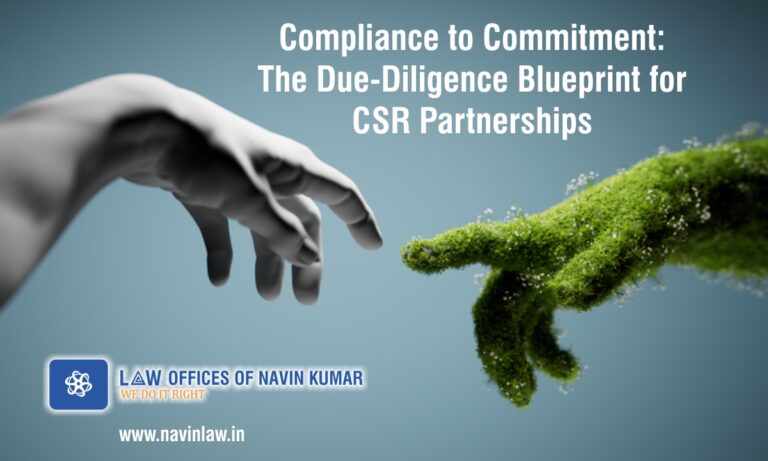IS YOUR WORKPLACE PoSH-PROOF?
INTRODUCTIONSexual harassment of women in the workplace poses a significant concern in India, as it directly violates the constitutional guarantees of equality, dignity, and the right to a safe working environment. In today’s world, a large number of women entering the workforce in all sectors, there is also an increased incidence of such malpractices exposing sexual harassment within professional setups. The turning point for the protection of women in India came in the Vishaka v. State of Rajasthan case, after which the Supreme Court laid down the Vishaka Guidelines in 1997. These guidelines were later incorporated into the Sexual Harassment of Women at Workplace (Prevention, Prohibition and Redressal) Act, 2013 (PoSH Act), which duly prescribes mechanisms for prevention of sexual harassment by setting up Internal Complaints Committees (ICCs), campaigning awareness programs, and stipulated inquiry timelines. This study examines the growing protection from workplace harassment, both legal and practical, taking a view from judicial intervention to statutory enactment. Corporate compliance regarding policies, training, and annual reporting is reviewed. While analyzing the law, the key takeaway is that harassment can at times be an issue of dominance and power, especially in male-dominated workplaces.With evolving times, the role of women in society has undergone a significant transformation. Women are now active contributors to the nation's economy, participating in diverse fields such as education, politics, science, technology, and business. However, their growing presence in the workforce has brought light to the persistent and deeply concerning issue of sexual harassment in the workplace. This form of harassment not only reflects gender-based discrimination but also violates the fundamental rights guaranteed under the Constitution of India. Specifically, it infringes upon Article 14 (right to equality), Article 15 (prohibition of discrimination based on sex), and Article 21 (protection of life and personal liberty).





